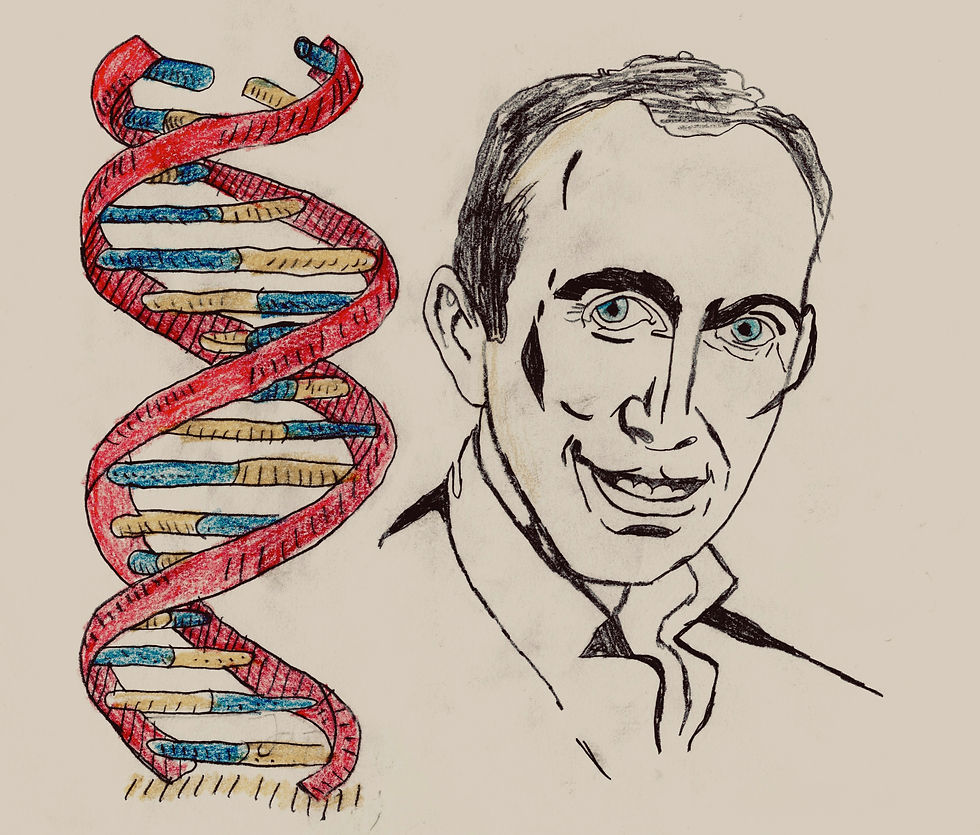“I want to do a PhD in Molecular Biology.”
- Yathish Achar

- Jun 29, 2025
- 2 min read
Updated: Nov 17, 2025
Yet another round of PhD selection completed. Same questions, alike answers and similar let downs, revealing a deeper issue in how research aspirations are shaped. The real issue runs deeper, and honestly, there are no easy fixes.

"I want to do a PhD in Molecular Biology"
That was my quick reply to a senior researcher who had just asked about my future research interests. He had recently returned from a successful postdoc stint in the US and listened to my response with a wry smile. Then he said, “Molecular biology is a set of techniques—it can't be your research interest.”
Caught off guard, I quickly corrected myself: “I want to do a PhD in cancer biology.”Was that a better answer? Honestly, not really.
This was sometime around 2003. I had already completed my master’s degree and was working at an institute, trying to gain some research experience before applying for a PhD. Despite having both a degree and nearly a year and a half of hands-on experience, I still couldn’t give a coherent or thoughtful answer to that simple question.
Now, more than two decades later, the tables have turned. I’m on the other side of the conversation—asking students the same question. And, inevitably (and a little scarily), I get the same answers. About half say “molecular biology,” another few say “cancer biology,” and the rest go for “immunology” or “microbiology.”
So, nothing has changed in 20 years.
Or has it?
The world, of course, has changed dramatically. The internet is in our pockets, social media connects us instantly, we have faster computers, better infrastructure, airports, Wi-Fi… the list goes on. And yet, a master’s student still gives the same answers I once did. The problem? Our education system.
Is there anything wrong with saying “I want to do a PhD in molecular biology” or “cancer biology”? Not really. What concerns me is the thinking behind the answer. Often, it boils down to vague impressions: maybe the molecular biology professor was more energetic than the grumpy genetics teacher, or perhaps biochemistry felt too abstract or dull. These aren't necessarily bad observations, but they’re hardly the kind of reasoning you'd want to anchor five or six years of your life to—or more, if you stay in research.
And with cancer biology—it’s a field of huge importance. But when I ask, “What exactly in cancer biology do you want to study?”—silence. Like molecular biology, “cancer” is just a word many have heard too many times. It’s become a placeholder for something we know is important, but don’t quite understand yet.
So, is the situation hopeless? Not at all.
Some of these students go on to do excellent PhDs, publish impressive papers, and land postdocs in some of the world’s top labs. But if our education system helped students think more critically about what to choose, why to choose it, and how to go about it, the journey could be so much more fulfilling—less stressful, and more meaningful—for young researchers.
---


